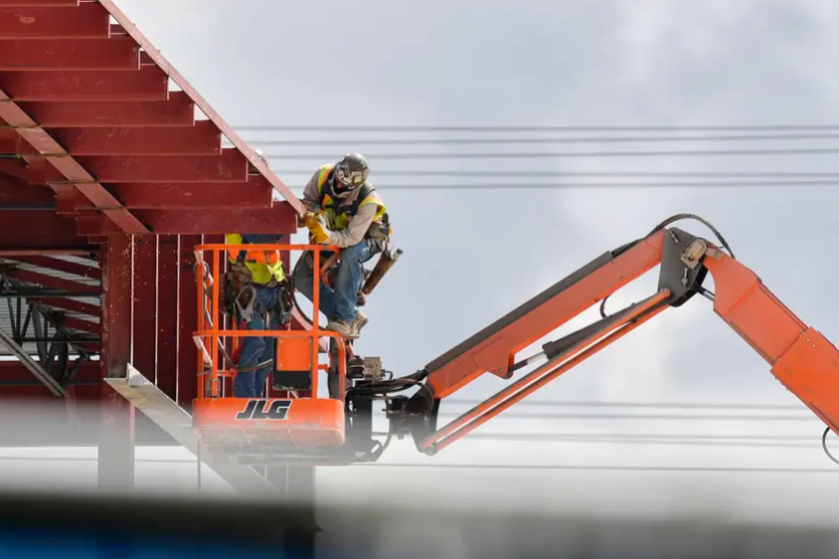Abilene must continue to be a leader in the State of Texas in developing the key infrastructure to attract, grow, and retain quality jobs. We will do this by having innovative programs to offer new businesses and industries, programs to encourage existing businesses to retain and expand workforces, programs that tie education to workforce needs, and tax structures that do not stand as barriers to economic development but create a pro-business environment.
What we're reading

Texas launches new property tax incentive program to lure new businesses
The Jobs, Energy, Technology, and Innovation program cuts property taxes for new manufacturing, research and development facilities. It replaces a shuttered program criticized for its impact on school

Child care costs in Texas pose a major challenge. These panelists discussed potential solutions.
At a Texas Tribune event held with the LBJ School of Public Affairs’ Urban Lab, experts discussed a unified approach to working with the Texas Legislature to secure funding that would benefit employer

Hall: Let's get rural broadband expansion right
In today’s interconnected society, access to broadband internet has become more than a convenience; it’s a lifeline to opportunity and growth.
